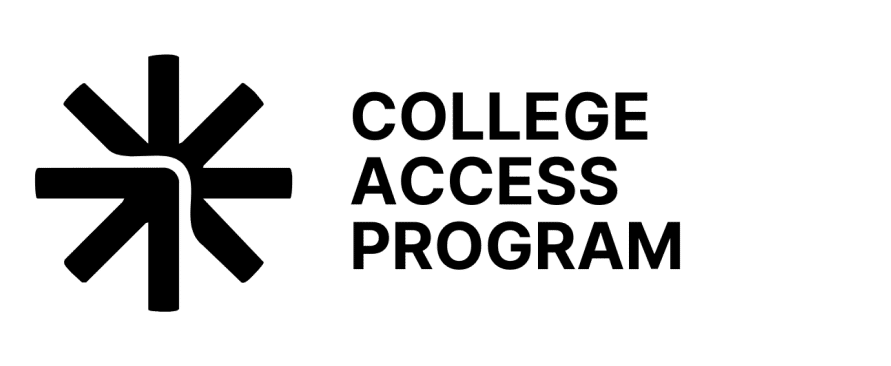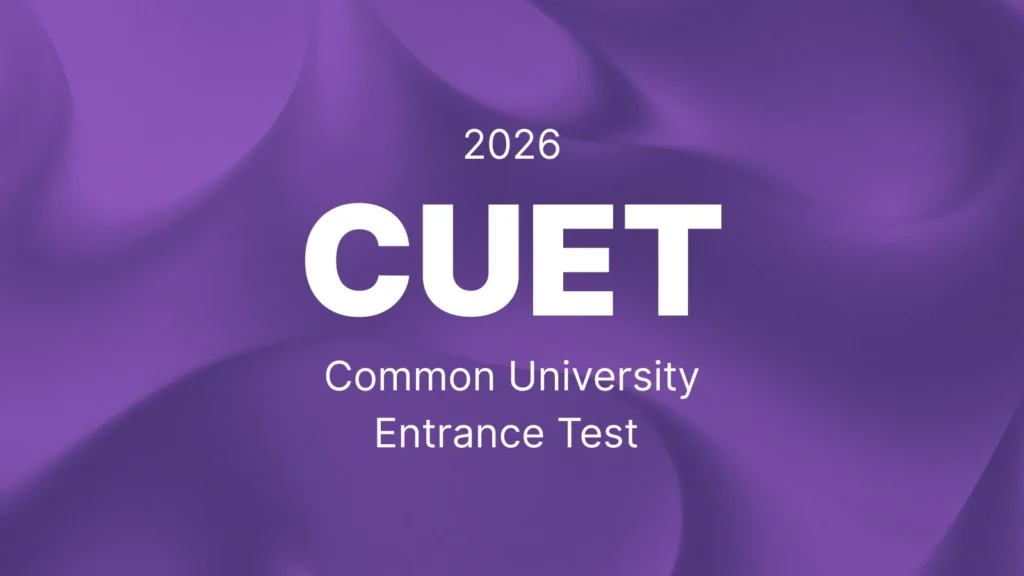What is Co-Op?
Co-Op, short for cooperative education, is a structured educational approach that integrates academic study with paid periods of relevant work experience. This model allows students to alternate between classroom learning and full-time professional work, creating a seamless bridge between theory and practice.
Key Benefits of Co-Op Programs
- Strong Employment Prospects: Among Northeastern University graduates who completed co-op, 96% are employed full-time within nine months of graduation, and 58% receive job offers from their previous co-op employers.
- Industry Experience Before Graduating: Co-op positions allow students to work on substantial projects from start to finish, developing deeper expertise than typical internships. By immersing yourself in professional work environments, you gain diverse perspectives, and apply your skills in real-world scenarios.
- Early Career Exploration: Co-op provides a low-risk environment to explore different roles and industries early on. Students can test out different careers through multiple co-op terms, helping them make informed decisions about their future career path.
- Building Professional Networks: The extended duration of co-op placements allows students to develop meaningful working relationships with industry professionals, creating valuable connections for future opportunities.
- Development of Transferable Professional Skills: Co-op programs help students develop essential skills that are transferable across various industries and roles, including communication, teamwork, and problem-solving skills.
TOEFL Savings worth ₹7200
Use code IND4859784 at checkout to avail a TOEFL discount of ₹1200 and get free access to TestGlider’s 12 TOEFL mock tests worth ₹6000.
Leading Universities Offering Co-Op Programs in the United States and Canada
- Northeastern University: Northeastern’s signature “Co-op” program is described as a full-time, multi-month professional work experience that positions students not just for a job but for their future, and is central to the university’s experiential learning approach. Northeastern partners with over 3,800 employers globally with starting salaries about 33% higher than the national average.
- Drexel University: Drexel’s Cooperative Education program lets students explore up to three different full-time co-ops and gain up to 18 months of résumé-enhancing work experience before graduating. Founded in 1919, the program has become a signature of Drexel’s approach to applied learning.
- Georgia Institute of Technology: Georgia Tech’s co-op program is an accredited academic track in which students alternate between full-time study and at least three semesters of full-time paid work with the same employer. The tradition goes back to 1912, making it one of the oldest co-op programs in the U.S.
- University of Cincinnati: The University of Cincinnati is known as the birthplace of the co-operative education model and is consistently ranked among the top 5 in the U.S. for co-op programs. Co-op students at UC collectively earn tens of millions of dollars annually, helping offset student debt and improving job outcomes.
- Rochester Institute of Technology: RIT’s cooperative education program offers full-time paid work experiences directly related to students’ fields of study, and is built into many undergraduate programs. It is the 4th oldest co-op program and one of the largest in the world
- University of Waterloo Waterloo operates North America’s largest co-op program, with access to over 8,000 employers. Most students begin their first co-op term halfway through second year after completing an online preparatory course.
- University of Victoria: UVic’s co-op program reports that 69% of its co-op students receive a job offer before graduation, with an average undergraduate co-op monthly salary of CAD $3,552 and over 109,000 placements since the program’s launch.
- University of Alberta: U of A’s business co-op program offers paid positions with an average salary of roughly CAD 3,600 per month, and about half of co-op students receive permanent employment offers from their co-op employers.
Conclusion
For international students, participating in a co-op program represents a strategic investment that delivers real rewards: it builds professional networks, sharpens the practical skills most valued by employers, and accelerates employability through meaningful industry experience. When choosing a university, prioritising those institutions with well-established co-op systems, robust employer partnerships, and comprehensive support services for international students can significantly enhance career readiness and global mobility.




